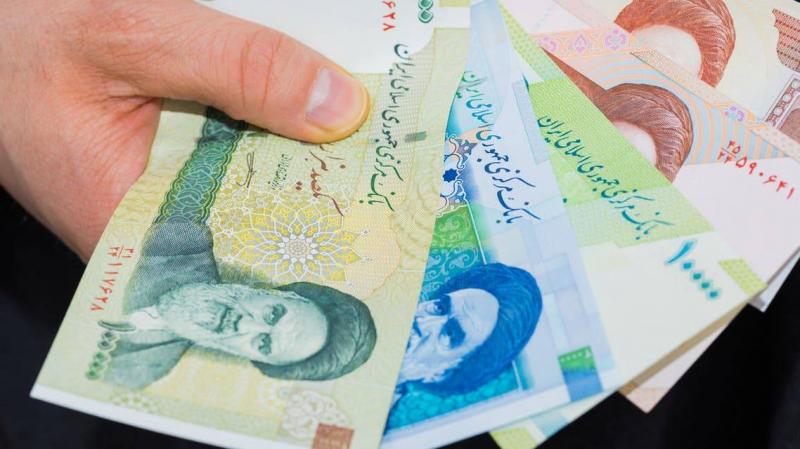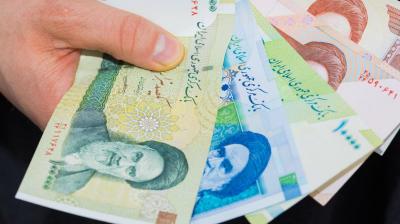For many years, the Iranian economy has not known the path to prosperity, despite the country's abundant natural resources, due to the political ambitions of the ruling regime in Tehran that have long hindered and weakened the economy. These ambitions have led to severe sanctions from the international community, which ultimately affected the ordinary Iranian citizen struggling to make a living. As the hardline cleric Ebrahim Raisi takes his first steps as the new president of the country, the economic file is considered the foremost challenge he faces.
The picture does not appear rosy even in the event of reaching an agreement regarding Iran's nuclear program, as there are no indicators at the moment of a shift in U.S. policy under President Joe Biden's administration. This makes investors less enthusiastic about viewing Iran as a potential investment opportunity, given the possibility of any future agreement collapsing, according to the Financial Times.
Amidst devastating economic sanctions and the repercussions of the pandemic that have struck the Iranian economy, the task does not seem easy after many years of suffering due to sanctions imposed for destabilizing the region and repeatedly violating the terms of the nuclear agreement.
The election coincided with the resumption of negotiations between international powers and Tehran about its nuclear program, meetings that the Iranian public closely followed in the hope of returning to an agreement that might reintegrate them into the international community. However, Iran's destabilizing behavior in the region may pose an obstacle to achieving this goal.
About seven years ago, during Iran's negotiations with major powers concerning its nuclear program, the streets and luxury hotels of the capital, Tehran, were bustling with hundreds of foreign investors seeking entry into a market that had previously remained closed due to years of sanctions stemming from a controversial nuclear program. The few years following the agreement saw negotiations for investments estimated at billions of dollars across all sectors of the economy eager for foreign investment, which soon crumbled under the impact of the U.S. withdrawal from the agreement when former President Donald Trump decided to exit and impose economic sanctions on Tehran, citing its non-compliance with the nuclear agreement.
Today, after the election of the new president, negotiations are once again stalled, with meetings ending without noteworthy outcomes, reiterating the continued persistence of sanctions that exacerbate the daily suffering of the Iranian public, which appears to be at odds with the Iranian authorities regarding controversial political directions that have brought severe poverty.
A clear message was sent months ago when Italian investors from 100 companies met with the business community in Tehran under the auspices of the Italian-Iranian Chamber of Commerce. The message from the Italian companies to Tehran was clear: lift the sanctions first. Sources tell the Financial Times, "The companies expressed their desire to return to the Iranian market... but the message from the Italian bankers was clear: we cannot assist you without approval from the U.S. administration."
The Iranian rial has continually lost value since the nuclear agreement collapsed in 2018, losing about 80% of its value as authorities attempted to defend the currency through intervention in the exchange market, which led to a strong emergence of the black market and a scarcity of dollars in a country that imports most of its needs. The rise in exchange rates has caused a sharp increase in inflation rates, ultimately burdening Iranian citizens who suffer under the weight of sanctions and the unbounded ambitions of political leadership. In a country that was a hotspot for COVID-19, with thousands dead and millions infected, the pandemic has been a disaster for economic growth, which has not found a path since the reimposition of sanctions and the halt of Iranian oil exports, leading to an economic contraction of about 6% in 2019 compared to earlier forecasts of a 4% growth by the International Monetary Fund before the sanctions.




